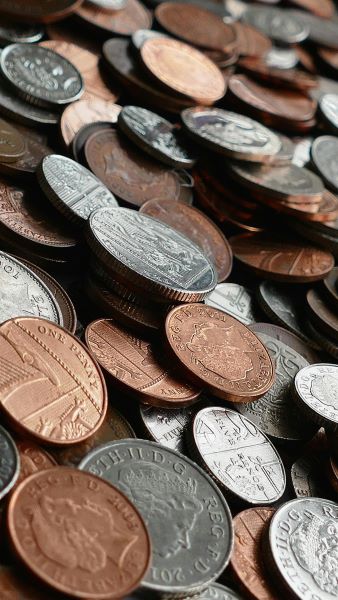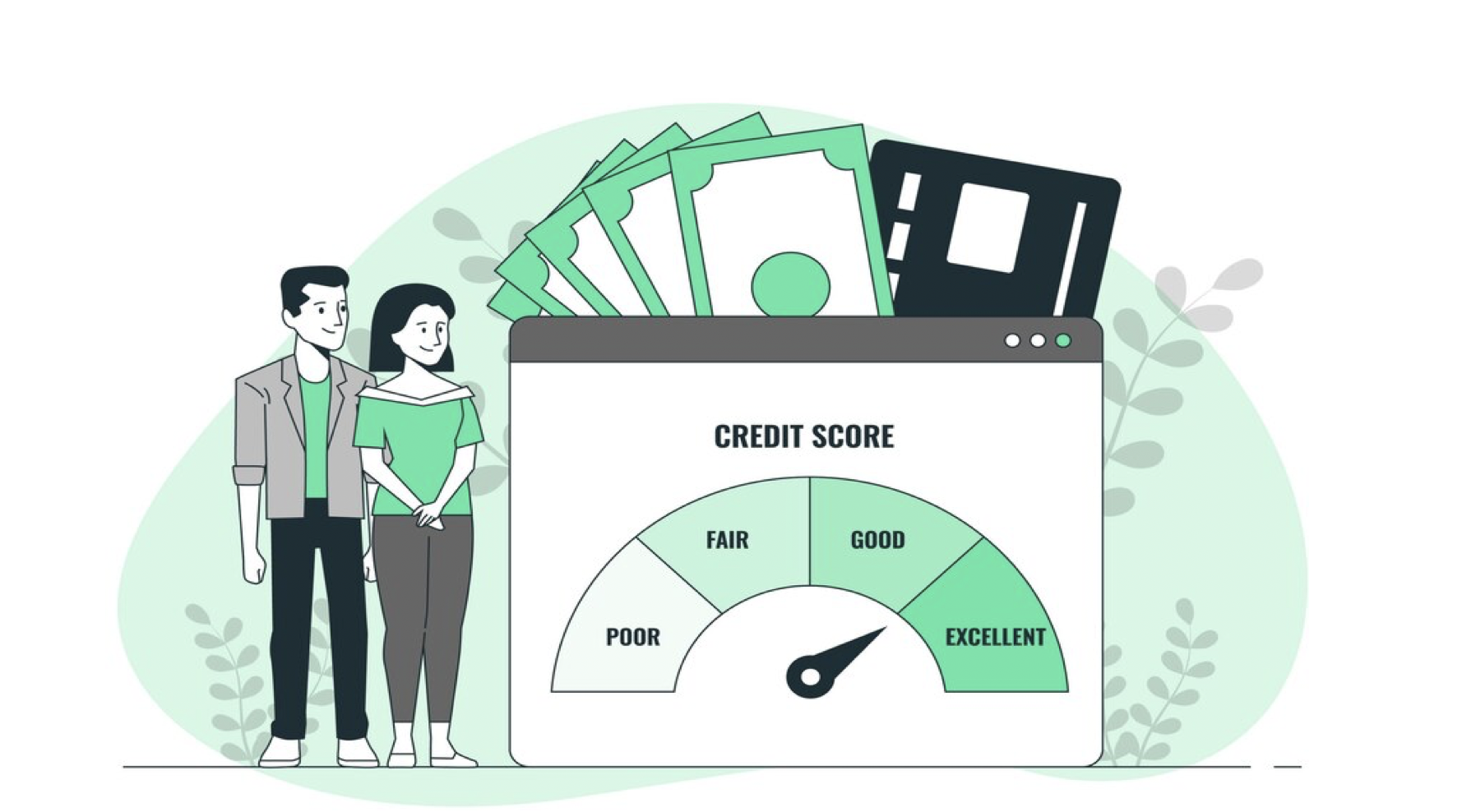In the realm of borrowing money, a grace period is a significant concept that can provide borrowers with some breathing space and flexibility in managing their financial obligations. Whether it’s a credit card payment, a loan instalment, or any other form of debt repayment, understanding how grace periods work can make a substantial difference in your financial planning. Let’s delve into the meaning of grace periods for borrowers, explore how they function, and look at some practical examples to grasp this concept better.
What is a Grace Period?
A grace period is a designated period during which a borrower is not required to make a payment on a debt without incurring penalties. This period typically follows the due date of the payment, offering borrowers additional time to settle the outstanding amount without facing late fees or negative consequences on their credit score. Grace periods are commonly associated with credit cards, loans, mortgages, and other forms of debt where regular payments are expected.
Also Read: What are Fixed vs. Floating Interest Rates in Personal Loans?
How Does a Grace Period Work?
In the context of loans, a grace period allows borrowers to make their payments after the due date without incurring penalties. For example, if you have a loan with a monthly payment due on the 1st of every month and a 10-day grace period, you can make your payment any time within those 10 days without facing late fees. However, it’s essential to note that interest may still accrue during the grace period, so it’s advisable to make your payment as soon as possible to minimise additional costs.
Similarly, credit card grace periods offer cardholders the opportunity to pay off their outstanding balance in full without incurring interest charges. By paying the full amount within the grace period, usually ranging from 21 to 25 days after the statement closing date, borrowers can avoid paying interest on their purchases.
Also Read: What to Ask Before Taking a Personal Loan?
Examples of Grace Periods in Action
Let’s consider a practical example to illustrate how a grace period works. Suppose you have a credit card with a statement closing date of the 10th of each month and a payment due date of the 1st of the following month. If your credit card issuer provides a 25-day grace period, you have until the 26th of the month to pay off your balance without incurring interest charges.
In the case of a loan, let’s say you have a car loan with a monthly payment due on the 5th of every month and a 15-day grace period. If you make your payment on the 10th of the month, within the grace period, you will not face any late fees. However, interest may still accrue based on the terms of the loan agreement.

Also Read: Should you get a Top-up Loan or a Fresh Loan?
Frequently Asked Questions
1. What is the significance of a grace period for borrowers?
A grace period provides borrowers with extra time to make payments without penalties, helping them avoid late fees and maintain a positive credit history.
2. How does a grace period differ for credit cards and loans?
In credit cards, the grace period refers to the time between the statement closing date and the payment due date when no interest is charged on purchases if the balance is paid in full. In loans, the grace period allows borrowers to make payments after the due date without incurring late fees.
3. Can the length of a grace period vary?
Yes, the length of a grace period can vary depending on the lender or credit card issuer. It’s essential to review the terms and conditions of your loan or credit agreement to understand the specific grace period applicable to your situation.
4. Is interest charged during the grace period?
While late fees are typically waived during the grace period, interest may still accrue on the outstanding balance. It’s advisable to make payments as soon as possible to minimise interest charges.
5. How can borrowers benefit from grace periods?
Borrowers can benefit from grace periods by avoiding late fees, maintaining a good credit score, and managing their finances more effectively. By utilising the extra time provided by grace periods, borrowers can plan their payments strategically and avoid unnecessary financial strain.
Are you looking to apply for a personal loan? Then, you can conveniently do so through Airtel Finance. Simply follow these steps to initiate the process:
Step 1: Log in using your mobile number on the Airtel Thanks App.
Step 2: Fill in your PAN details to access the best loan offers tailored to your profile.
Step 3: Enter your bank account details to receive the loan amount seamlessly.
Understanding grace periods as a borrower can empower you to navigate your financial commitments more effectively and make informed decisions about managing your debts. By leveraging the flexibility offered by grace periods, you can optimise your repayment strategies and stay on top of your financial well-being.


 Get App
Get App  Airtel Store
Airtel Store  Login
Login 


